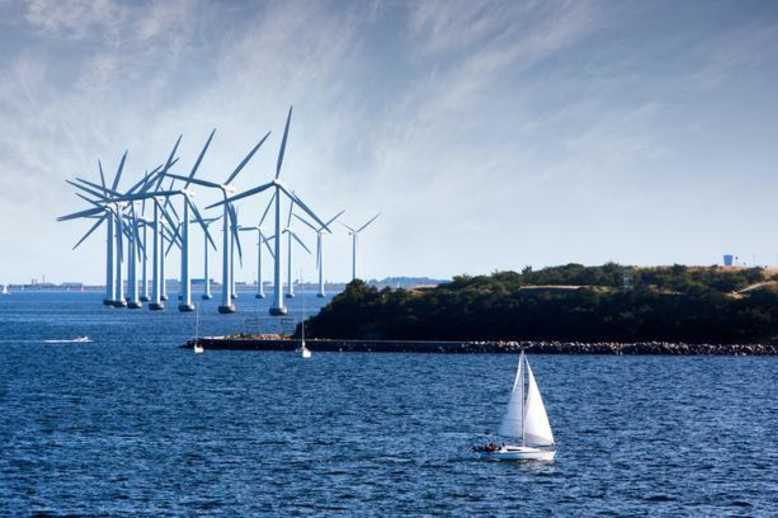Solar power supply in the European Union during June and July rose to a record high in 2021, accounting for 10% of total electricity produced in the region, according to a report by independent climate think-tank Ember. “There are exciting green shoots in core solar markets where solar is taking off, but overall it is not growing fast enough,” Ember analyst Charles Moore said on Wednesday (18 August). The 27 countries in the bloc generated nearly 39 terawatt hours (TWh) of power from solar panels during June and July, up 10.9 TWh from 2018, data from Ember showed. New records were also set in eight EU countries, including Spain and Germany, the report said, as the production and use of panels increased. “There are exciting green shoots in core solar markets where solar is taking off, but overall it is not growing fast enough,” analyst for Ember Charles Moore said. Total generation from solar panels lagged the electricity supply from coal, which stood at 14% for the region in June and July of 2021, the report said.
To that end, not only solar power, but also maximizing wind and wave power will be pivotal in realizing EU’s green transition, argues Morten Helveg Petersen, adding that the Offshore Renewable Energy strategy shows how the bloc can make this a reality. In a recent commentary published by The Parliament Magazine, the vice-chair of Parliament’s Industry, Research and Energy Committee also said offshore energy is set to play a crucial role in the fight to fulfill the EU’s climate objectives. “I cannot see a way for us to get to where we want to get without tapping into the huge potential of offshore renewable energy. With the European Parliament’s report on a strategy for Offshore Renewable Energy, I have sought to deliver an ambitious response to the European Commission’s proposal.” That said, it is of course a given that the Strategy represents only the starting point. Once we ensure that the Strategy aligns with our level of ambition for 2030, we need to follow up on our promises and keep advancing them. Achieving our targets will require a constant battle to reinforce the right decisions and to correct the course as and when needed.
Thanks to the brilliant minds and innovative spirit of the people working in the EU offshore wind power industry, we are already global leaders in this field. The European wind power industry leads the world and offshore renewable energy production carries huge opportunities for the creation of European jobs. That itself is no small feat, but we must not allow ourselves to be complacent. We need to put all our efforts into supporting the green transition and continuing to create the conditions that allow for such a competitive sector. On top of that, I think that further efforts in R&D and test centres should be at the core of the European Union’s clean energy industrial policy. The most important, however, is that we must move faster. If not, we will not succeed in combating climate change. It is as simple as that.




